Birth of Venezuelan Cinema
According to Venezuelan academics, our cinema was born on January 28, 1897, because that day in a local newspaper appeared an article noting that certain shorts of the Lumiere brothers had been projected and with them two more films that caught the attention of the historians:
- Famous specialist pulling teeth in the Gran Hotel Europa (Célebre especialista sacando muelas en el Gran Hotel Europa)
- Boys bathing in the lagoon of Maracaibo (Muchachos bañándose en la laguna de Maracaibo)
By the title of the films it is deduced that they are of Venezuelan production, and the investigators concluded that the author of the films is Manuel Trujillo Durán. Being this the first Venezuelan to make films according to what is registered, this agrees with the dates in which the Lumiere brothers sent people with cinematographies all over the globe.
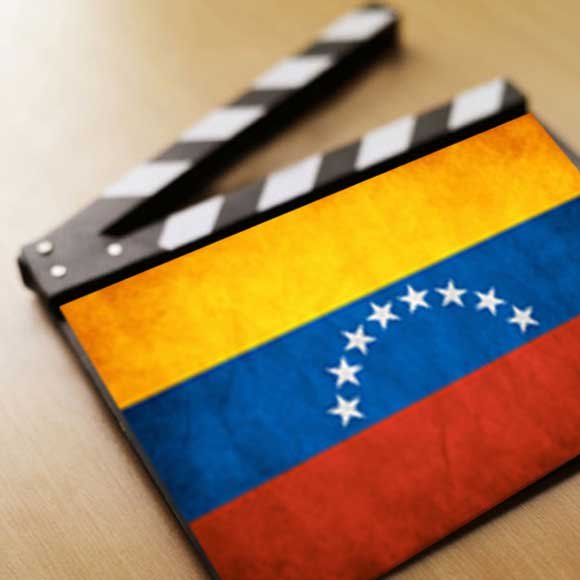
However, I don't think that this be the true birth, since this was an isolated event, of which there are no consequences (that are recorded) and the films do not have a true story, they are only recordings.

The Larense pioneer
It was in the decade of the 20s when the real Venezuelan cinema was born, from the hands of Amabilis Cordero. This was a remarkable fact, since he alone, without having an important capital or having a dirty subsidy from the government, began his career as a filmmaker, founding the Lara Cinematographic Studios.
With his studies in photography and some courses by correspondence, he managed to make the first films of the Lara state, and the first independent films of Venezuela, among them:
- The miracles of the Divina Pastora
- Criole soul (Alma Llanera)
At that time, it was difficult to venture into any area, people were afraid of the government, and distrustful of someone who recorded them to do "who knows what" with that material, however, our protagonist was able to overcome these adversities, relying on the faith to convince the audience.
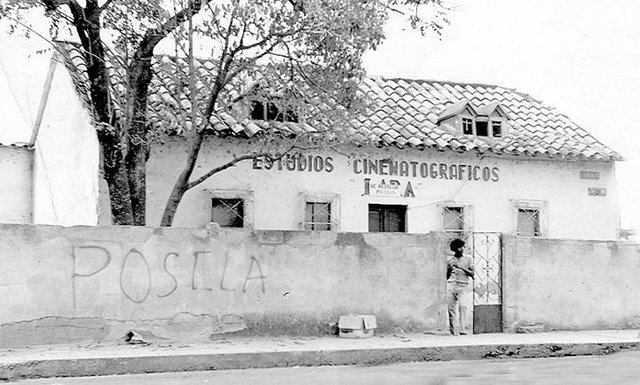
The Amabilis studios, is currently a hardware store. Source.
Amabilis stood out for his creativity, being a pioneer of docu-fiction (similar to what history channels do, such as History Channel), he managed to make outstanding events in his community become stories to tell, to cite some examples: tragedy of an airplane that crashes in the city or the fire of a local school.
He made of these facts stories to entertain his contemporaries, he even ventured into publicity, including shots of businesses that functioned at that time to sponsor his projections.

Screenshot from “Miracles of the Divina Pastora”. Source.
But, if Mr. Cordero was so good, why did not he continue to innovate in Venezuelan cinema? Why do not we have our own and influential film industry?

Venezuelan cinema did not develop due to the lack of capital and culture, in Europe and the US there was a large audience which translates into more clients and more money, however this problem could have been overcome with relative ease, the most important inconvenience It is the lack of culture of the Venezuelan society at that time, remember that the country begins to grow is with the oil boom, at the beginning of the century what was "bush and snake".
However, we're already in the 21st century, we have internet and Steemit, therefore we must support our cinema, not because it is Venezuelan, but because there really is talent, although it is true that a large part of the film production surrounds the same subject (murders, crimes, drugs) there are many other very authentic works that are a true art.

Remember, I'm not a film critic, if you're interested, internet has goods articles on that topic, visit it.
Support the Venezuelan cinema! It's not just buying the tickets, it's the feedback, talking about the movies, sharing them, the cinema is not just Marvel and Disney.
Greetings.
In case you want to communicate with me, do it by Discord: @julioccorderoc#9500
Author: @JulioCCorderoC
The texts and images where it is not specified otherwise, are my property.

Esta obra está bajo una Licencia Creative Commons Atribución-NoComercial-CompartirIgual 4.0 Internacional.

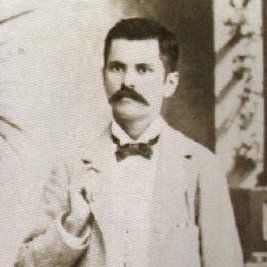
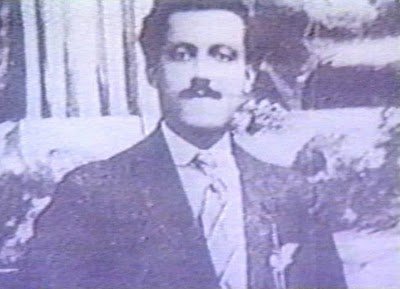
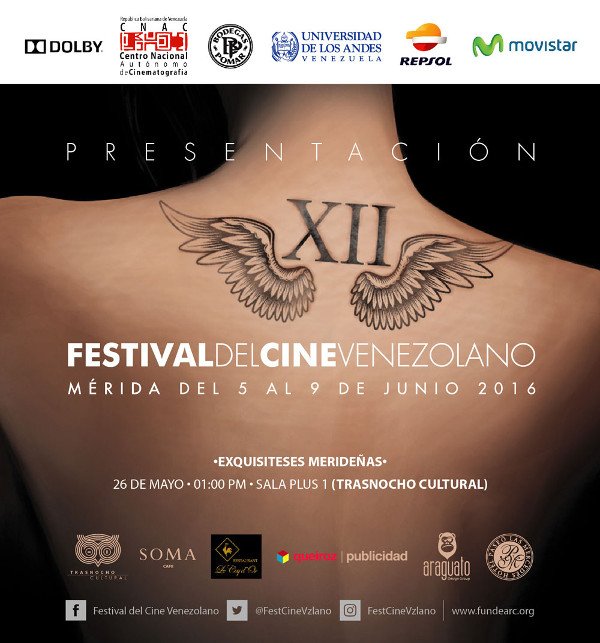

Este post ha recibido un voto del proyecto de curación hechoscriollos, premiando la escritura, el arte y la investigación de la historia venezolana y sus costumbres. Esto es un Hecho Criollo.
Downvoting a post can decrease pending rewards and make it less visible. Common reasons:
Submit
Downvoting a post can decrease pending rewards and make it less visible. Common reasons:
Submit